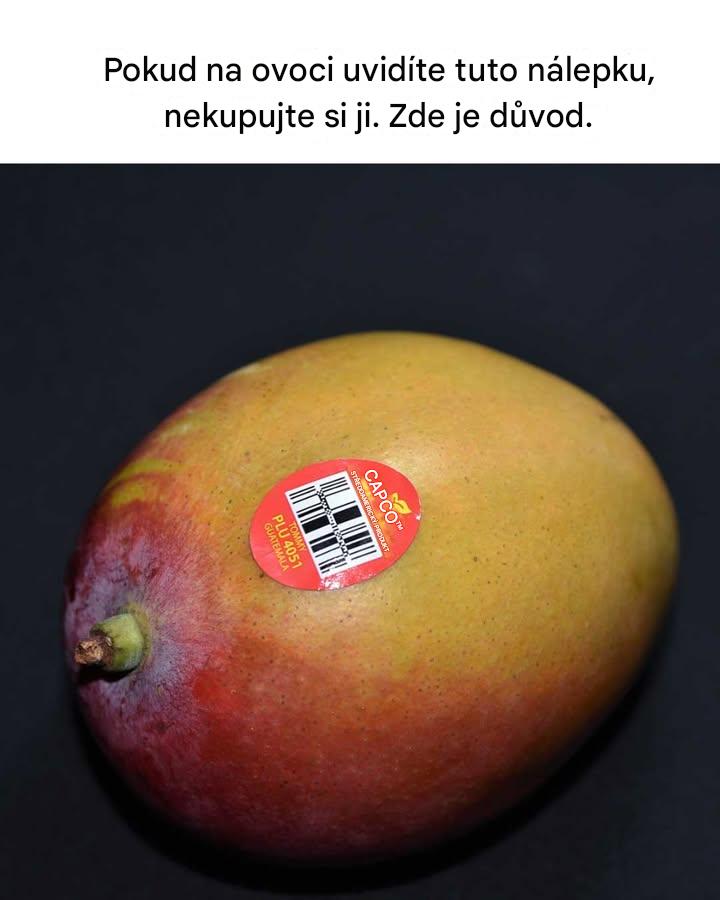Environmental Impact of Conventionally Grown Produce
Conventionally grown produce can have significant environmental impacts due to the use of synthetic fertilizers and pesticides. These chemicals can lead to soil degradation, water pollution, and loss of biodiversity. Additionally, conventional farming practices often rely on monocultures, which can reduce ecosystem resilience and increase vulnerability to pests and diseases.
Benefits of Choosing Organic Produce
Choosing organic produce offers several benefits, including reduced exposure to synthetic pesticides and fertilizers. Organic farming practices promote soil health, conserve water, and enhance biodiversity. Consumers who prioritize environmental sustainability and health may find organic produce to be a more appealing option.
How to Make Informed Choices When Buying Fruit
To make informed choices when buying fruit, consumers should familiarize themselves with PLU codes and understand what they signify. By being aware of the differences between conventional, organic, and genetically modified produce, shoppers can align their purchases with their health, environmental, and ethical priorities. Additionally, seeking out local and seasonal produce can further support sustainable agriculture.
Conclusion: Making Healthier and More Sustainable Choices
Understanding fruit stickers and PLU codes empowers consumers to make healthier and more sustainable choices. By recognizing the differences between conventional, organic, and genetically modified produce, individuals can select fruits and vegetables that align with their values and health goals. In doing so, consumers can contribute to a more sustainable food system and promote their well-being.
